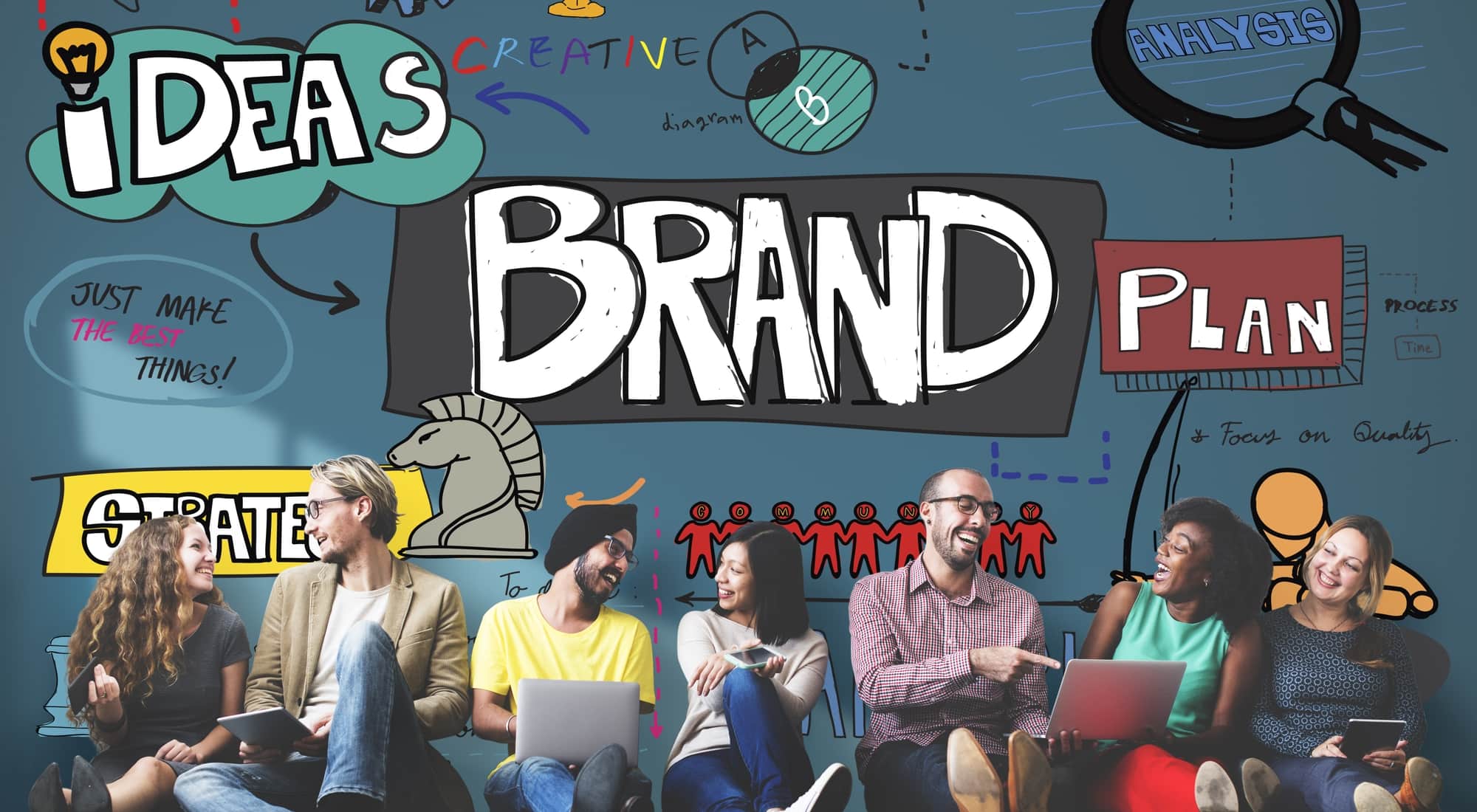COVID-19 has had a profound impact on nearly every aspect of our lives. Today’s companies have struggled through this as well. Consider the effect remote work, illnesses, and market changes have had on the brand culture alone. The majority of brands have had to adapt to new processes, tools, and execution in order to survive, much less thrive, during these unprecedented times.
Digital or die
One of the most significant ways that the pandemic has impacted brand culture is through the shift to digital. With lockdowns and social distancing measures in place, many businesses have had to close their physical locations, and consumers have had to rely more heavily on digital channels for their shopping and entertainment needs. This has led to a significant increase in e-commerce and online sales, and many brands have had to adapt their digital strategies in order to stay competitive quickly.
Be quick and agile
Brands need to be far more nimble and responsive to not only survive but grow. The rapid spread of the virus and the constant changes in government regulations have required brands to be able to adapt quickly and respond to new challenges and opportunities in real time. This has led to an increased focus on agility and flexibility in brand culture, with many brands having to re-evaluate their strategies and processes in order to be able to respond more quickly to changing market conditions. Many brands are even turning away from traditional agency partners that may have slow turnaround or lack the proof brands need to make clear decisions. New software tools are emerging that allow brands to read and respond quickly while maintaining their brand consistency across all departments.
Empathy saves the day
The pandemic has also had a major impact on the way that brands communicate with their customers. With many people feeling anxious and uncertain about the future, brands have had to be more sensitive and empathetic in their messaging. This has led to an increased focus on social responsibility and community building, with many brands using their platforms to promote public health and safety, support local communities, and provide aid and assistance to those in need. A cold, impersonal brand doesn’t win in today’s markets. Brands have to understand the unique psychological profile they project as a collective and align that with their customers. This provides a direct path to deeper relationships which builds real long-term value.
Authenticity is crucial
Brands have to be who they say they are! As consumers have become more socially and politically aware, they have been looking for brands that align with their values and beliefs. This has led to an increased focus on transparency and authenticity in brand culture, with many brands having to re-evaluate their values and purpose in order to stay true to their customers. Brands that were able to demonstrate their authenticity during the pandemic were able to build trust and loyalty with their customers. Now, more than ever, consumers want to know what a brand stands for. And a list of stale statements carefully crafted doesn’t cut it. Rising platforms like BrandTruth allow teams to identify their true values together through a simple group experience giving the brand the truth and authenticity it needs to thrive in the marketplace.
Fresh focus on value
The pandemic has also led to a shift in consumer behavior, with many consumers becoming more cautious about their spending and looking for value for money. This has led to an increased focus on value-based branding, with many brands having to re-evaluate their pricing and product offerings in order to remain competitive. Additionally, the pandemic has also led to an increased focus on health and wellness, with many brands having to adapt their products and services to meet the changing needs of their customers.
The COVID-19 pandemic has had a profound impact on brand culture. Brands have had to adapt to the shift to digital, be more nimble and responsive, communicate with their customers in a more sensitive and empathetic way, focus on authenticity, and adapt their products and services to meet the changing needs of their customers. Brands that have been able to adapt and evolve during this time have been able to survive and even thrive, while those that have been unable to adapt have struggled. The pandemic has accelerated changes that were already happening, and it has forced brands to re-evaluate their values and purpose, which will have long-term impacts on the way they do business.




